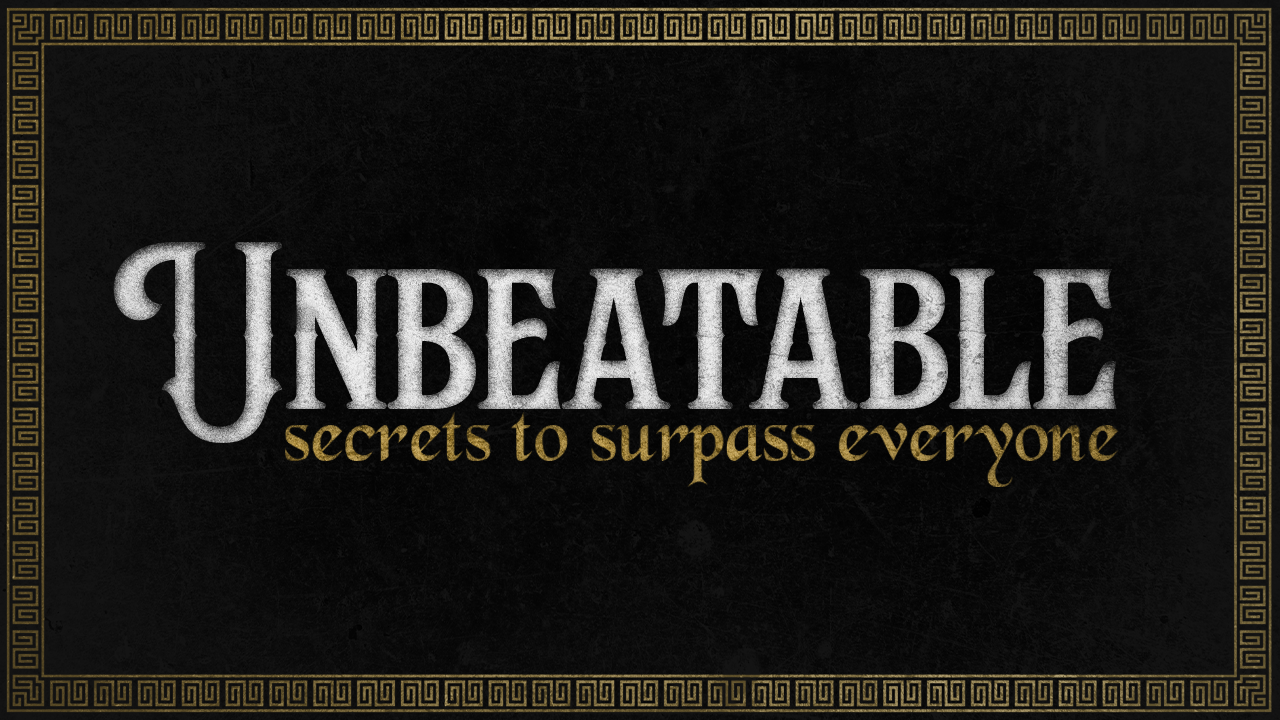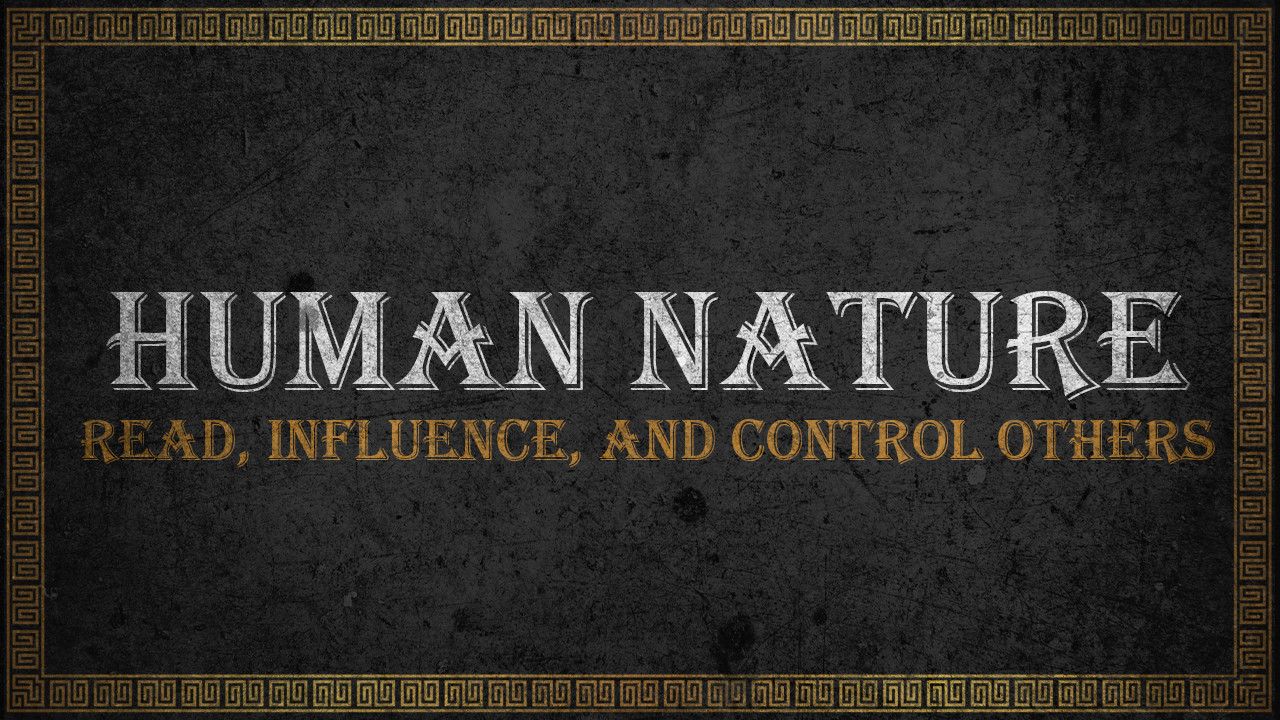Day 7: Burn the Ships – The Death Ground Principle
Every time you say, “I’ll try,” you’ve already lost. Not because the task is impossible—but because you’ve mentally accepted failure as a valid outcome. That language, that soft hesitation, is the anthem of the weak. And that’s exactly why you keep falling short.
Real power begins where retreat becomes impossible. That’s the essence of the Death Ground Strategy—one of the most brutal psychological tactics in history. Hernán Cortés didn’t “try” to conquer Mexico. He burned his ships. He removed the option of retreat, because when the human mind is trapped, it transforms. It stops overthinking. It stops negotiating. It executes.
But you? You still give yourself an exit. You say things like, “If it works, great,” or “I’ll see how it goes.” That’s why you fail. You haven’t committed. You’ve left the back door open just wide enough for doubt to slip in and kill your momentum.
When you say, “I’ll try,” you’re giving yourself permission to lose. But when you say, “I will,” something shifts. Your mind stops searching for escape routes and starts focusing entirely on how to win. There is no plan B. No alternative. Just forward.
You want to be unstoppable? Then make failure humiliating. Declare your goals publicly—not for validation, but to burn your ego if you fall short. Invest so much time, energy, and identity into your goal that quitting would mean self-destruction. That’s when you become dangerous. That’s when you become powerful.
Power doesn’t come from having options. It comes from having no other choice.
So stop leaving doors open. Stop trying.
Burn the fucking ships. And win.



